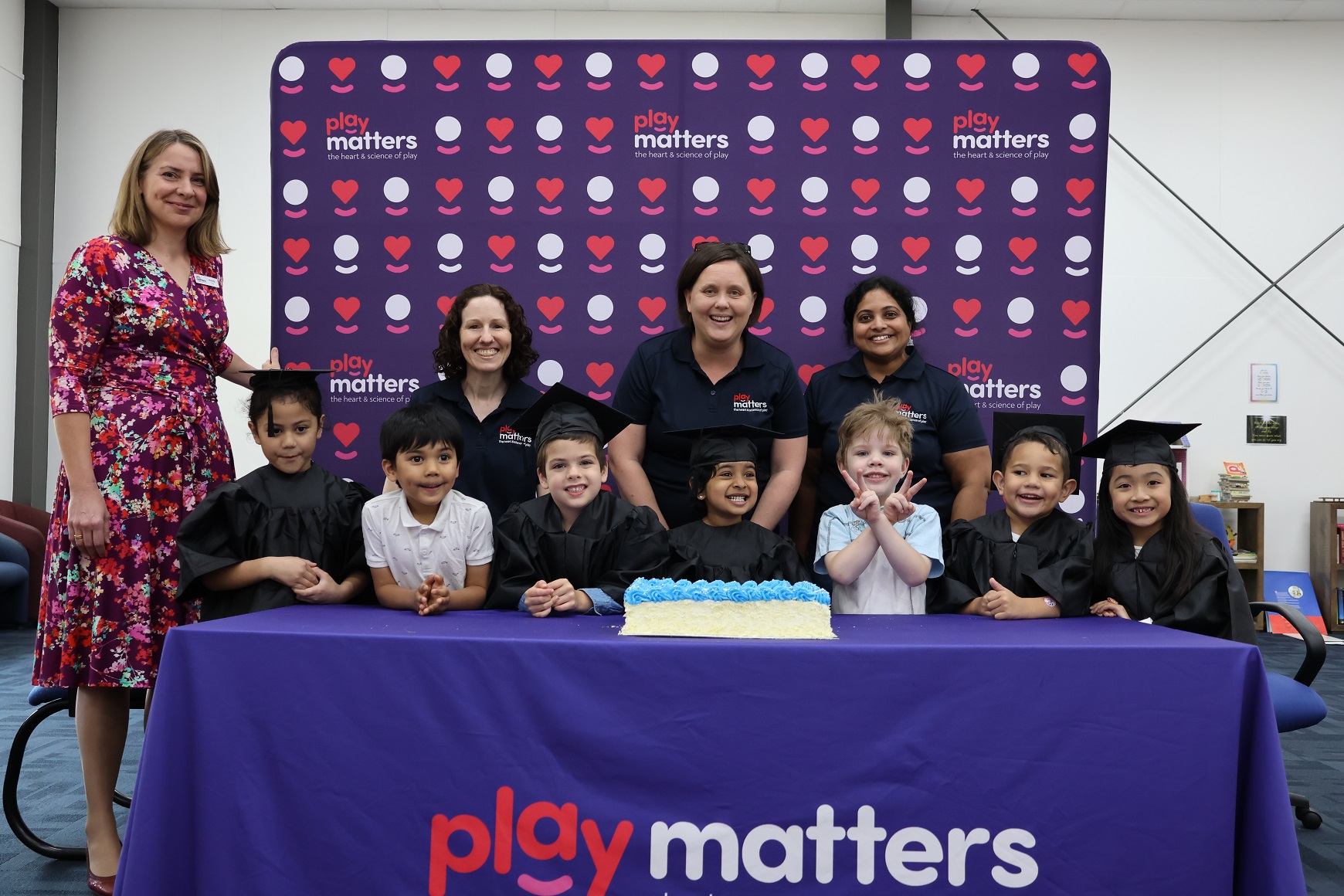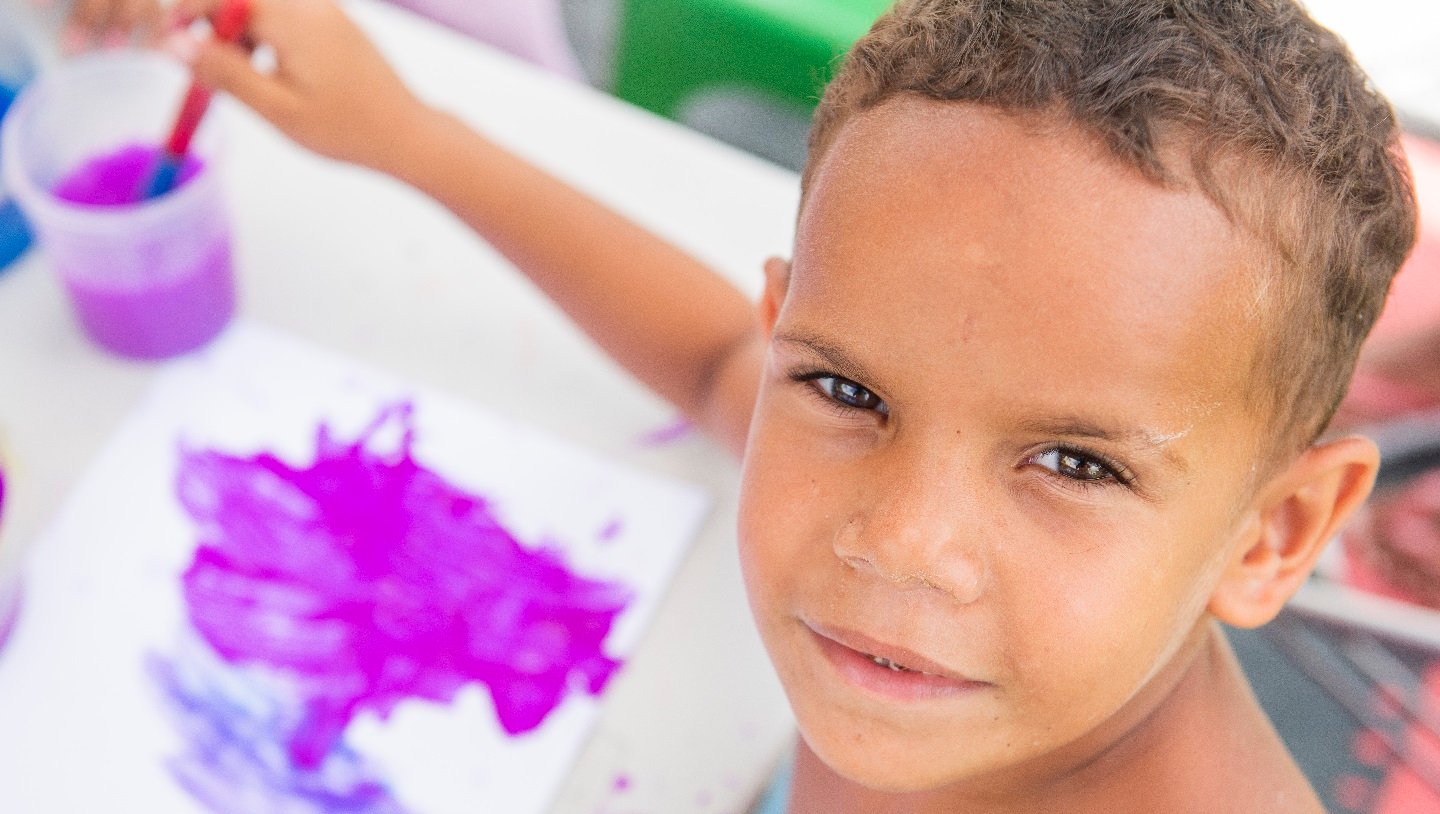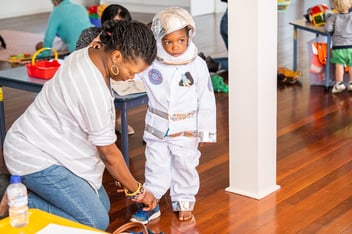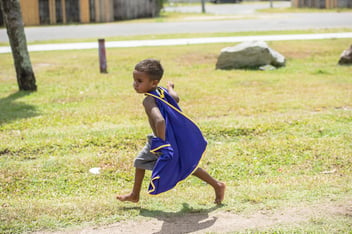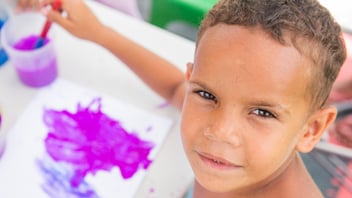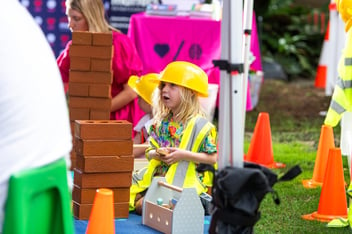
The First 1000 Days of Life: Building a Healthy Future for Children
Blog > The First 1000 Days of Life: Building a Healthy Future for Children
The First 1000 Days of Life: Building a Healthy Future for Children
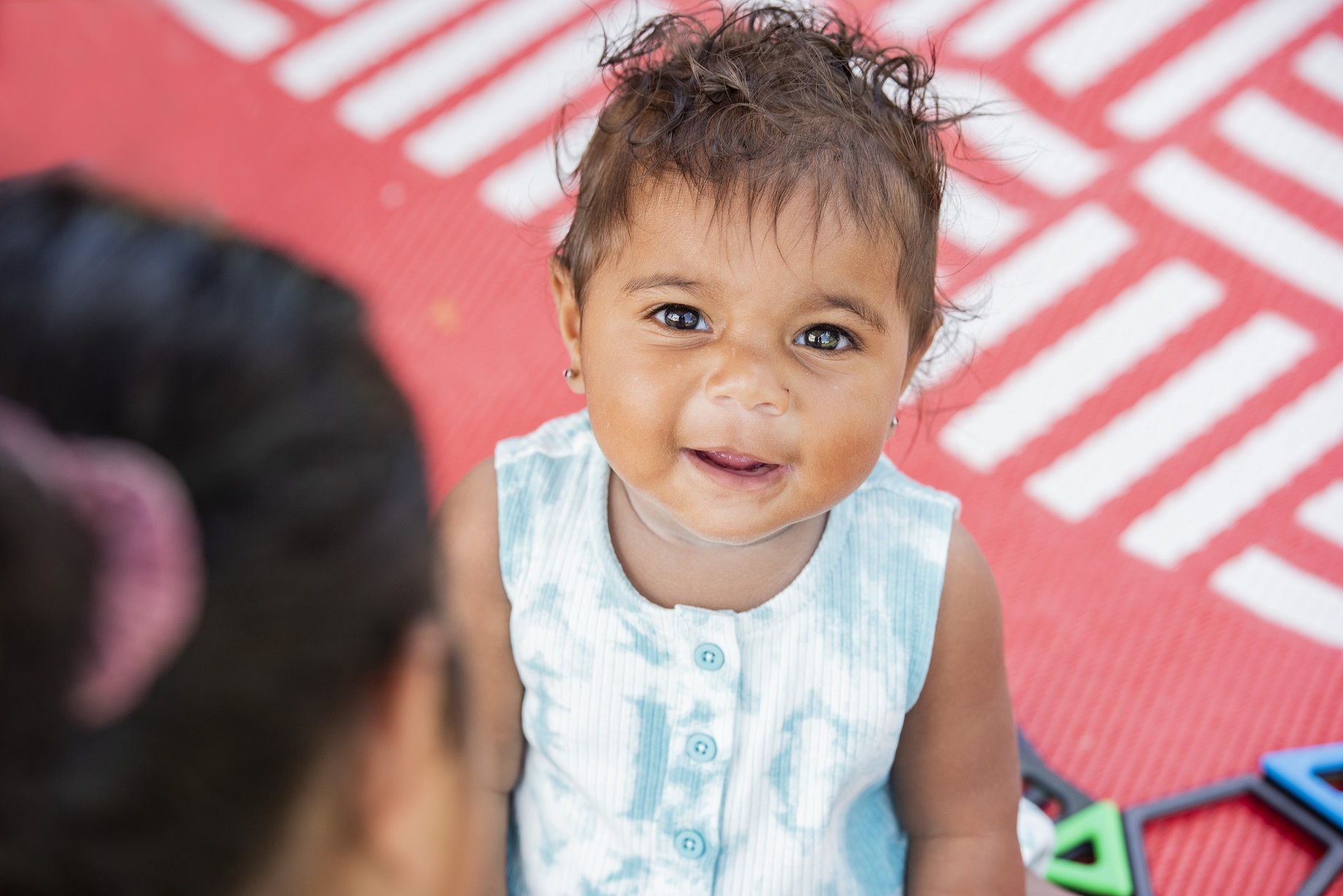
From conception to around the time of their second birthday, research has shown your child’s first 1000 days are vital for their future health and wellbeing.
A baby’s level of nourishment, environment and overall health affect how their brain develops. Children raised in a loving home with proper nutrition and healthy parents have the best chance of developing positive behaviours, strong immune systems, and critical brain functions.
To give children the best chance at life, we need to take a few steps to help them grow up healthy, curious and with a strong sense of self-worth.
Nurturing brain health
During the first 1000 days of life, from pregnancy to around the age of 2, children’s brains develop much faster than during other stages of life. It’s busy absorbing everything in the baby’s life to shape their view of the world and how they need to function in it.
During the first 1000 days, children make more than 1,000,000 new brain connections every second. That’s why it’s important to make sure those connections are positive and their brains are nourished with nutrients and age-appropriate learning experiences.
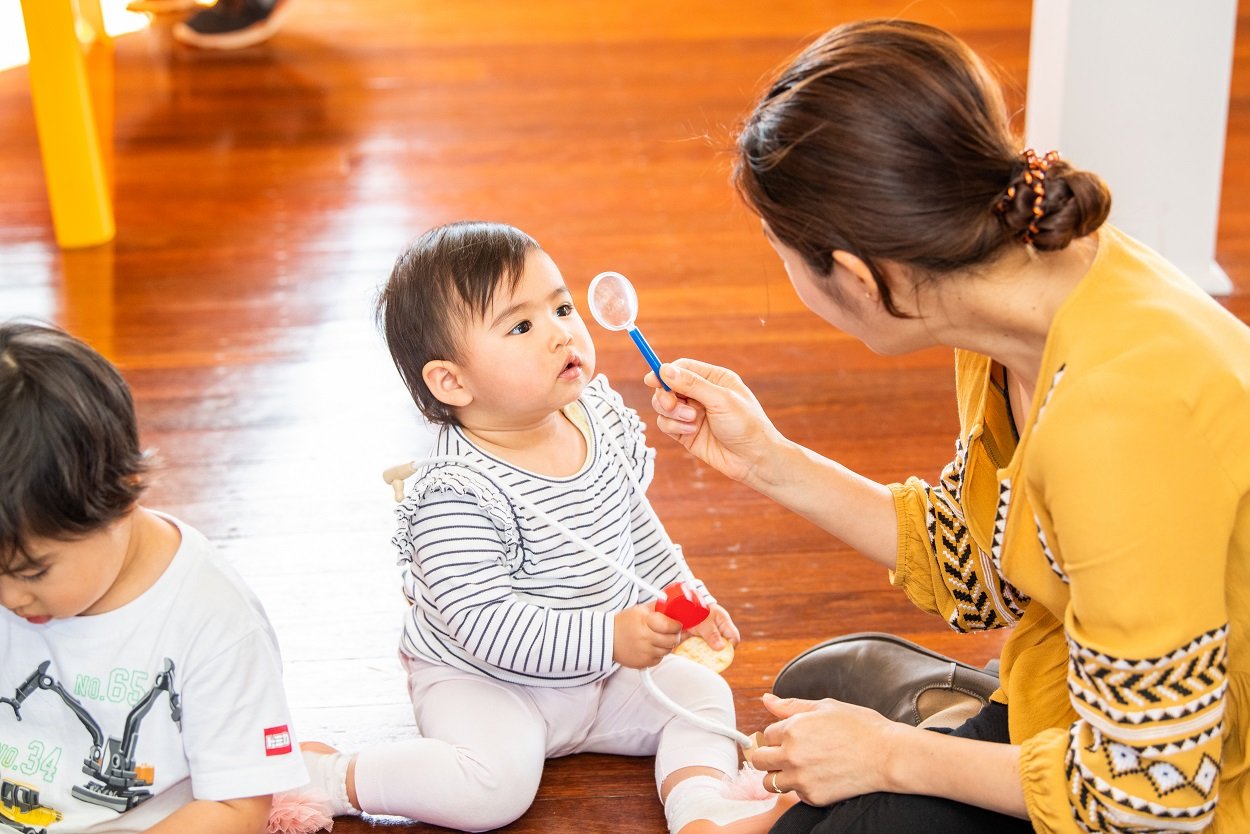
Looking after you
Early parenthood is exhausting – you’re running on little sleep, learning how your baby communicates and trying to balance all of life’s demands. It’s easy to let caring for yourself slide to the bottom of your priorities. But parents’ health plays a pivotal role in a baby’s growth and brain development. Healthy development begins in pregnancy, so it’s important to take steps towards looking after your baby from conception.
Boost you and your baby’s health by:
- Staying hydrated – drinking plenty of water aids digestion, eases aching muscles, keeps headaches away, and boosts your mood.
- Avoid smoking – unborn babies may end up with tissue damage due to the mother or father smoking. Ditch the cigarettes to help your body form healthy cells for your baby.
- Avoiding alcohol – drinking alcohol during pregnancy has a host of negative impacts on your baby. It can lead to physical or mental behavioural disabilities, miscarriage, stillbirth or premature birth.
- Eating a healthy, balanced diet – ensure you’re getting enough folic acid, iron, iodine and Vitamin D to reduce the risks of birth defects. A nutritious diet also helps fight off fatigue and morning sickness.
Many new parents feel guilty for taking time to catch a nap, fix a nutrient-rich meal and connect with friends. But caring for your body and mind is just as important as your child’s. When you put yourself first – your baby gets the best of you.
.jpg?width=1228&height=1840&name=YARRABAH%20(11).jpg)
Milestones in the first 1000 days
A child’s first two years are filled with transformation – their first rollover, the first giggle, the first time they say a whole sentence. There’s so much happening for them. Let’s look at some of the big moments:
|
Age |
Fun stages |
Feeding |
Communication |
|
Newborn |
Loves seeing themselves in mirrors |
Breast or bottle feeding is established. |
|
|
6-8 weeks |
First social smile (not just a reflex) |
As baby’s appetite grows, they’ll drink more. |
|
|
2-4 months |
Recognises primary caregivers and settles when spoken to or picked up |
When baby (hopefully!) starts sleeping through the night, night feeds may stop or be reduced. |
Starts making sounds other than crying |
|
4-6 months |
Recognises familiar faces and knows who a stranger is |
Eating solid foods |
Respond to their name |
|
7-8 months |
|
Self-feeding with their fingers |
Responds to “no” |
|
9-12 months |
Recognises favourite toys and sits up without support |
Drinks from a sippy cup |
Makes lots of different sounds |
|
12 months |
Stands on their own and starts pretend play |
Weaning off milk |
Identify their primary carers |
|
13-18 months |
Self-recognition |
Eating most adult foods and uses utensils to feed themselves |
Says more than two or three words |
|
19-24 months |
Runs, kicks a ball and plays with more than one toy at a time |
|
Starts saying sentences and following simple instructions |
While these milestones provide a guide, every child is different. If you’re worried about your baby or toddler’s development, speak to your GP or maternal child health nurse.
.jpg?width=1840&height=1228&name=YARRABAH%20(65).jpg)
Supporting you and your family
Being a new parent is often overwhelming. We feel like it should come naturally but good parenting is a learnt skill. One that we learn from our family, friends and support network.
It’s common and okay to find parenting frustrating, disappointing and sometimes even scary when you don’t know what to do. You need to remember that every baby is different, so no one has all the answers. You and your child are learning to live together. Children don’t need parents to be perfect.
Give yourself the space and patience to make mistakes and learn from them, and remember that it’s ok to ask for help if you need it.
Supporting children’s brain growth involves:
- providing a healthy environment from pregnancy to birth and beyond
- surrounding them with nurturing relationships
- providing the right level of nutrition
- helping them feel safe and secure
- providing plenty of opportunities for play
If you feel you could use a little more support, contact PANDA, Tresillian or Pregnancy, Birth and Baby.
If you or someone close to you is experiencing stress, violence or needs extra support, you can seek help from one of these 24-hour helplines.
- 1800RESPECT on 1800 737 732 for domestic abuse or violence
- Beyond Blue on 1300 224 636 for mental health support
- Breastfeeding Helpline on 1800 686 268 to chat with a qualified counsellor who understands what you’re going through
- DrugInfo on 1300 85 85 84 for non-judgemental advice
- Salvation Army for financial support (ACT 02 8775 7987, NSW 02 8775 7988, QLD 07 3001 6288, SA 08 8130 6188, TAS 03 6208 1488, VIC 03 8873 5288, WA 08 6210 3288)
Focus on giving your child a stable and secure environment with lots of kisses and cuddles. Fuel your body and theirs with a healthy diet, get outside for some Vitamin D. and enjoy playtime together. The foundations you set now will lead to a bright and healthy future for you and your baby.
Find a play experience near you:
Subscribe to our newsletter >
Related content:
Advertisement:
.jpg)
